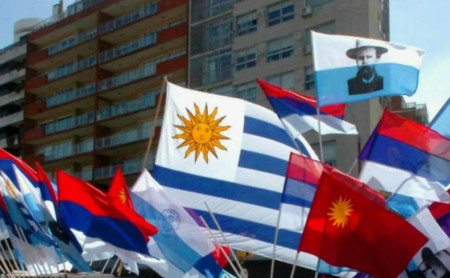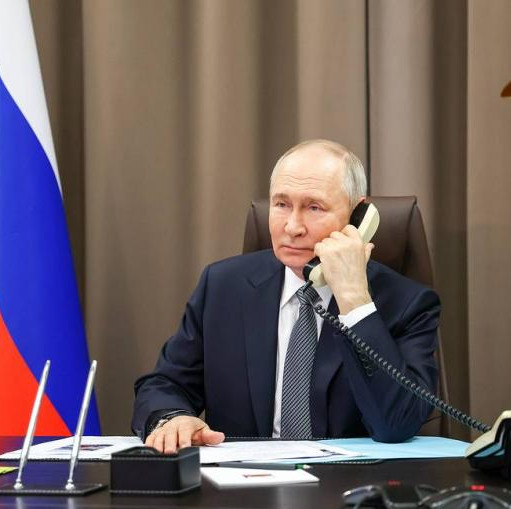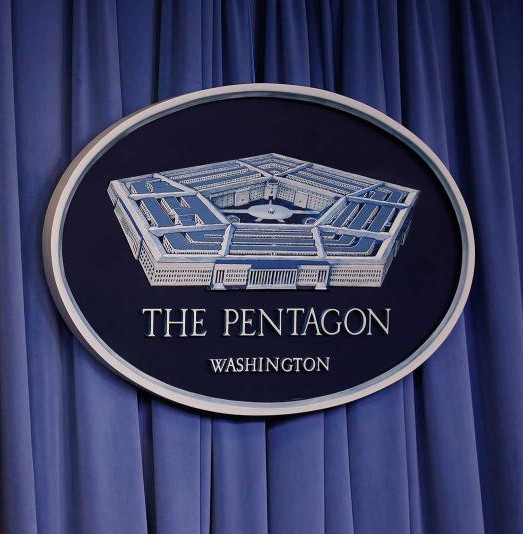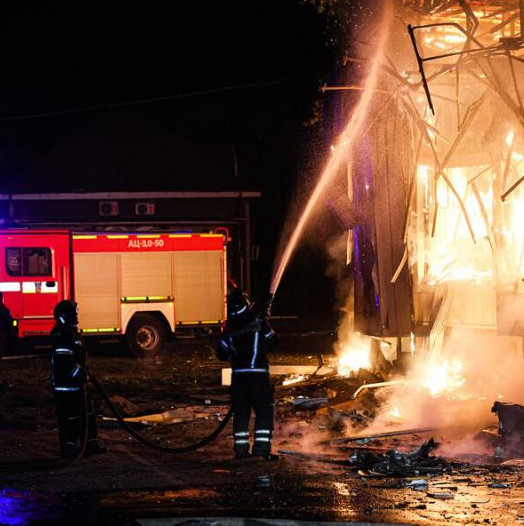
Uruguay will hold its presidential election in on Sunday, October 27 to feature the main struggle unfolding between the left and right forces. The former are represented by mayor of Uruguay's second largest region Yamandú Orsi nominated by the left-wing opposition bloc Broad Front (Frente Amplio). His rival, Alvaro Delgado, who belongs to that country’s right-wing political spectrum, has been nominated by the ruling Republican coalition, with its backbone being the National Party (Partido Nacional).
There is also a third candidate, Andres Ojeda from Partido Colorado, which seeks to unite the "moderate and liberal groups," while its members have adhered to different ideologies since its foundation. Andreas Ojeda is not predicted to succeed, and therefore we will not dwell on him altogether.
The Broad Front is a leftist political coalition supported by the majority of citizens and having enjoyed power for a long time — from 2005 to 2020. Its successful presidential nominations were Jose Mujica (2010-2015), a renowned and respected Latin American politician, a symbol of the continent’s left, as well as Tabare Vázquez (2005-2010, 2015-2020). Since 1999, the Broad Front has been the largest party in Uruguay’s General Assembly (Parliament).
In foreign policy, the Broad Front openly criticizes "American imperialism" with its particularly negative impact on Latin American nations. The party’s political stance has coincided with that of Argentine’s Peronists and the Brazilian Workers' Party as represented by incumbent President of Brazil Lula da Silva.
Analysts believe that the experience of running a large region of the country, along with public support from ex-President Jose Mujica, who is very popular among the Uruguayans, provide leftist candidate Yamandú Orsi with a great chance to win the race.
As for Alvaro Delgado, he is the nominee of Luis Lacalle Pou, the current right-wing president of Uruguay, who cannot run again because of the constitutional ban on immediate re-election. As a result, the ruling National Party has nominated another candidate, Delgado.
Notably, along with Partido Colorado, this political party is the country’s oldest among the active. Both associations were established back in 1836, and their origins go back to the creation of Uruguay as an independent state. As for foreign policy, the current president Lacalle Pou and his protege Alvaro Delgado are outright supporters of the United States.
However, the National Party’s historical roots are not decisive arguments for voters in this election race. Opinion polls show that most Uruguayans have been lukewarm towards President Lacalle Pou’s center-right coalition, despite its successful management of the agricultural economy of a country populated by a total of 3.4 million people.
"Lacalle Poru has hardly fulfilled his election promise to combat drug crime undermining Uruguay's reputation as a beacon of stability in troubled South America," local experts claim. Apart from that, voters feel "weaknesses of the welfare state and growing corruption." All of this has proved extremely harmful to both the president and his party, which has nominated Alvaro Delgado to run the race this time.
That is why forecasts have favored left-wing candidate Yamandú Orsi. Uruguay’s Cifra pollster forecasts that the "Broad Front" will get 47 percent of the vote in the first round. And the entire conservative bloc will account for some 43 percent. About 10 percent of people are still undecided. If none of the candidates wins over 50 percent of the vote on October 27, the second round is due on November 19. And then the undecided will play a crucial part for the two candidates who make it into the second round.
Whoever wins the election he will face the task of reducing the crime rate in the country, which, as we’ve mentioned above, is about rampant drug trafficking, collateral murders and other social follies. The population has a request to improve the social protection system and maintain a relatively stable economy, which is expected to grow by 4 percent this year to exceed global economic growth.


